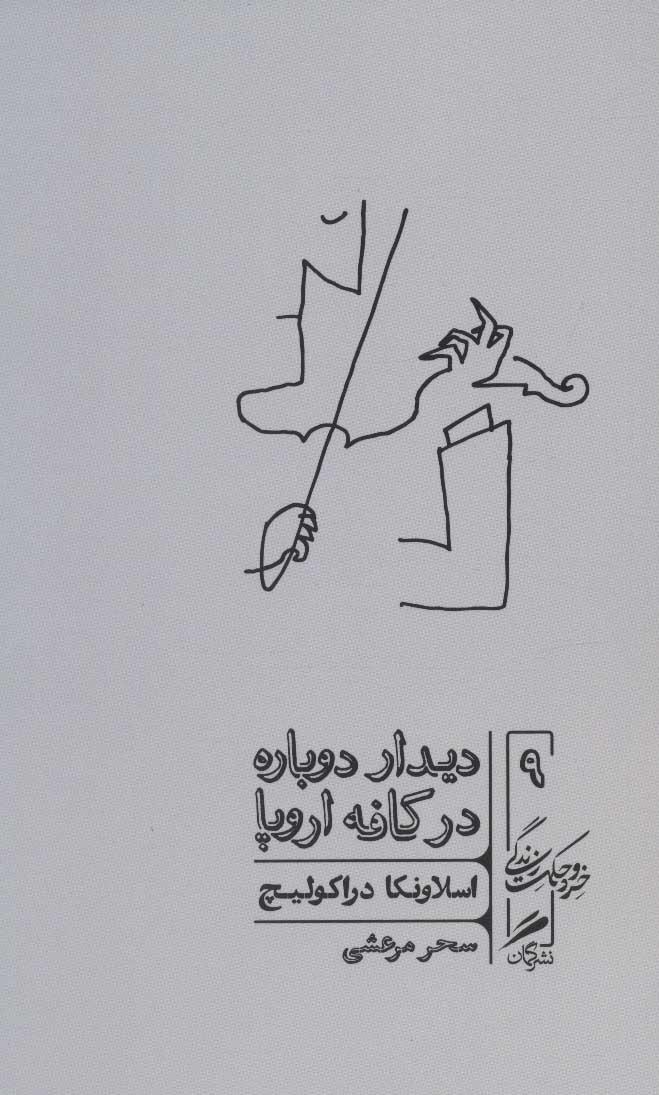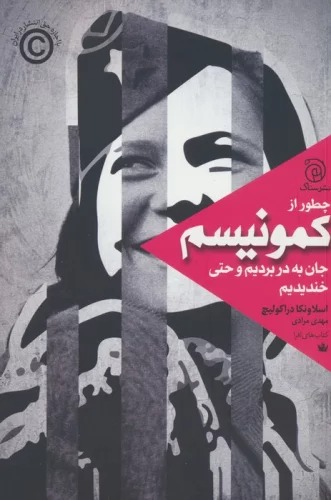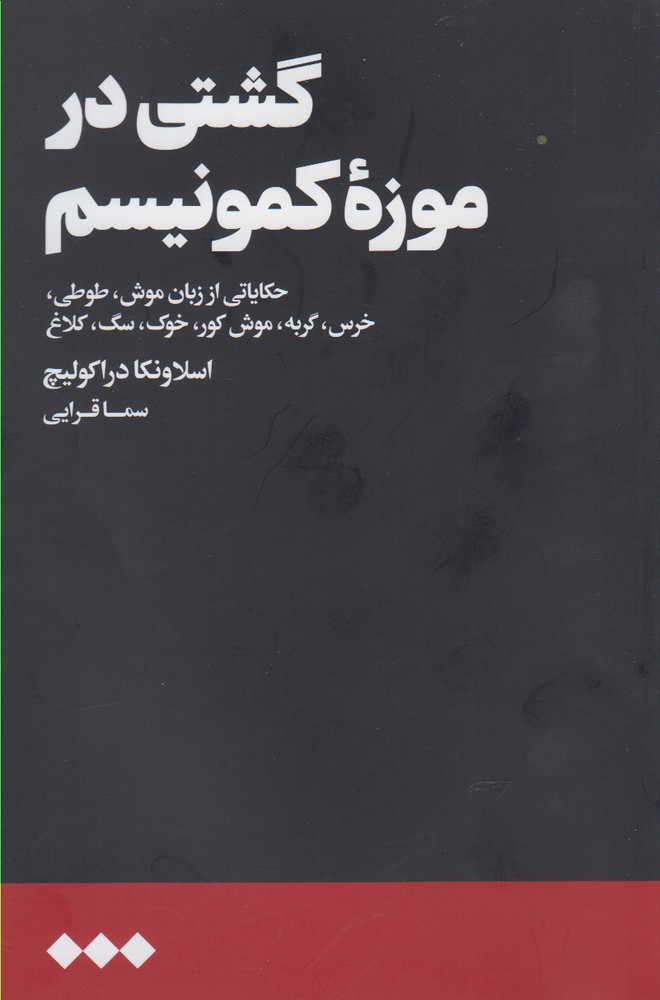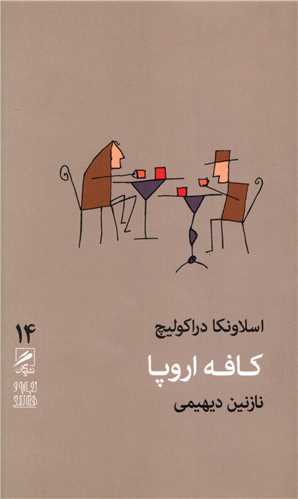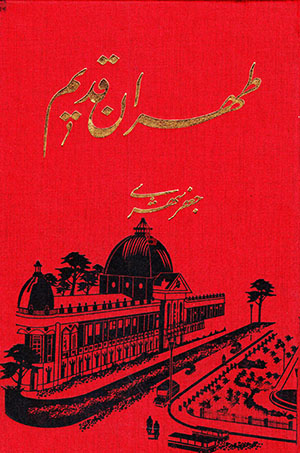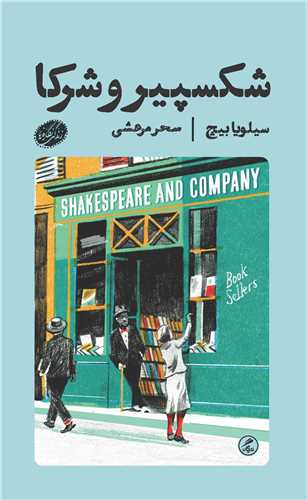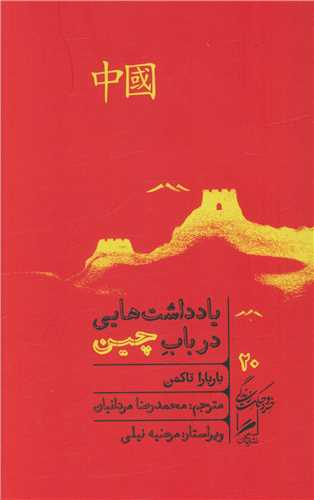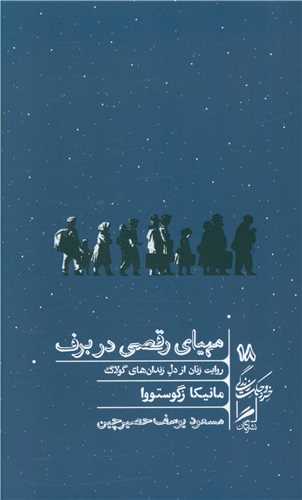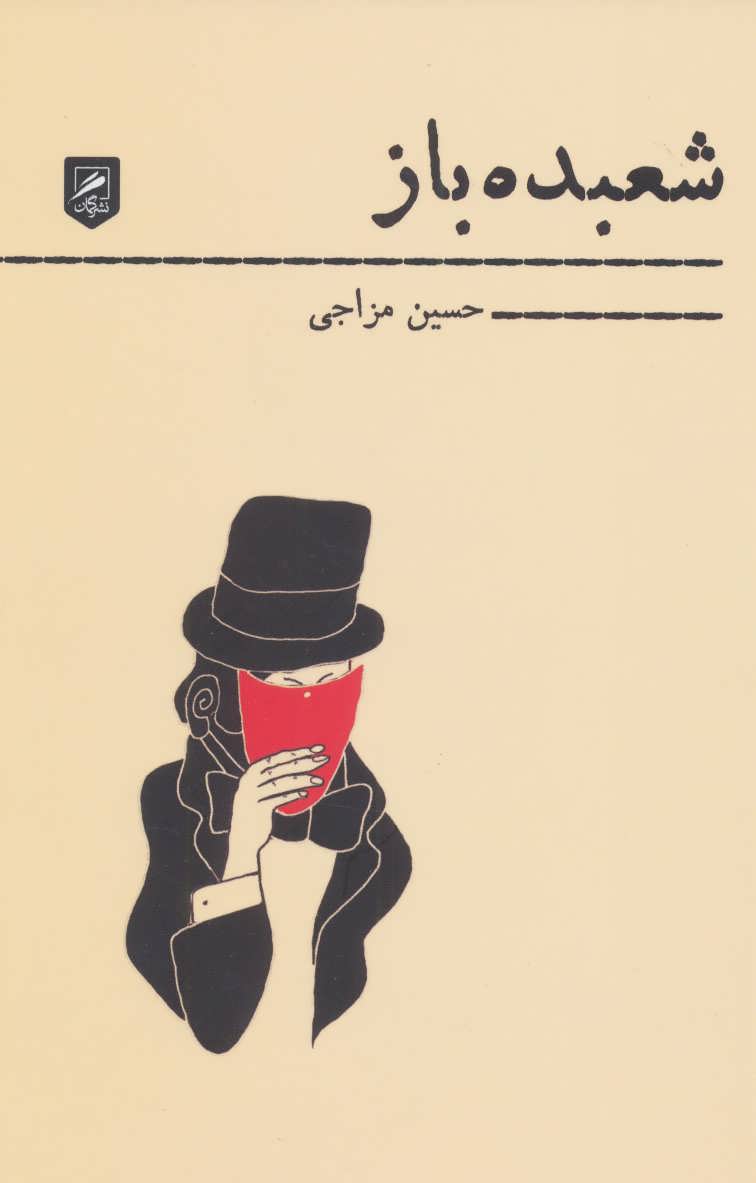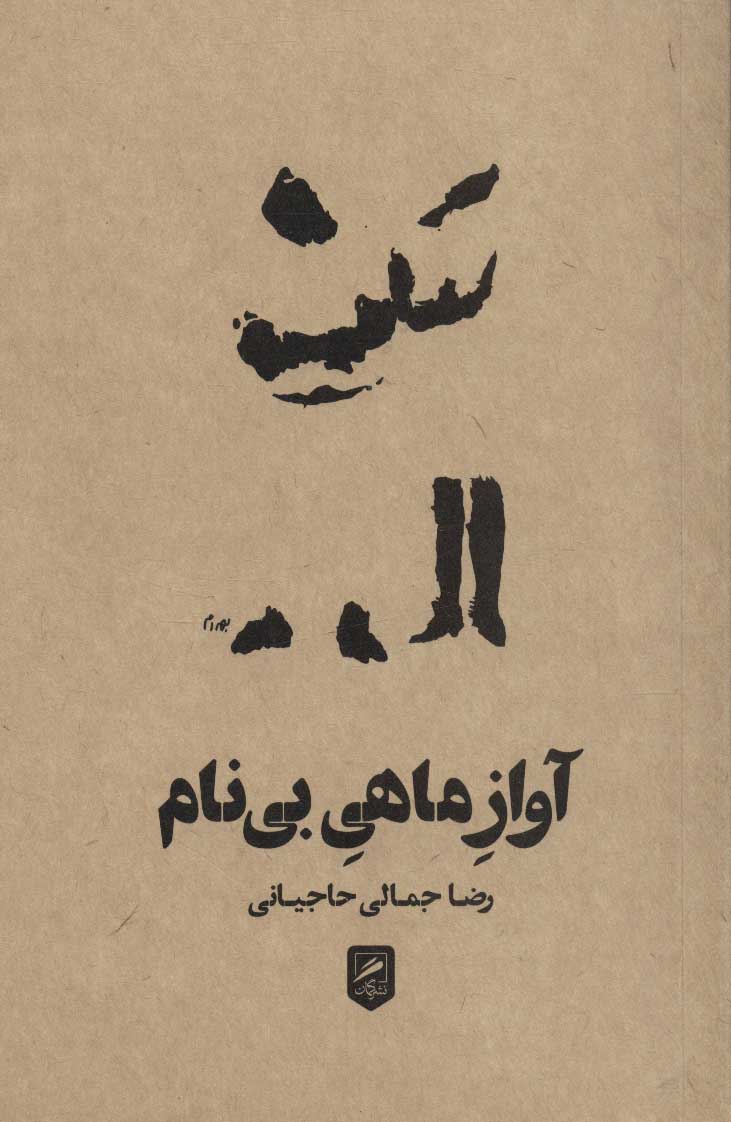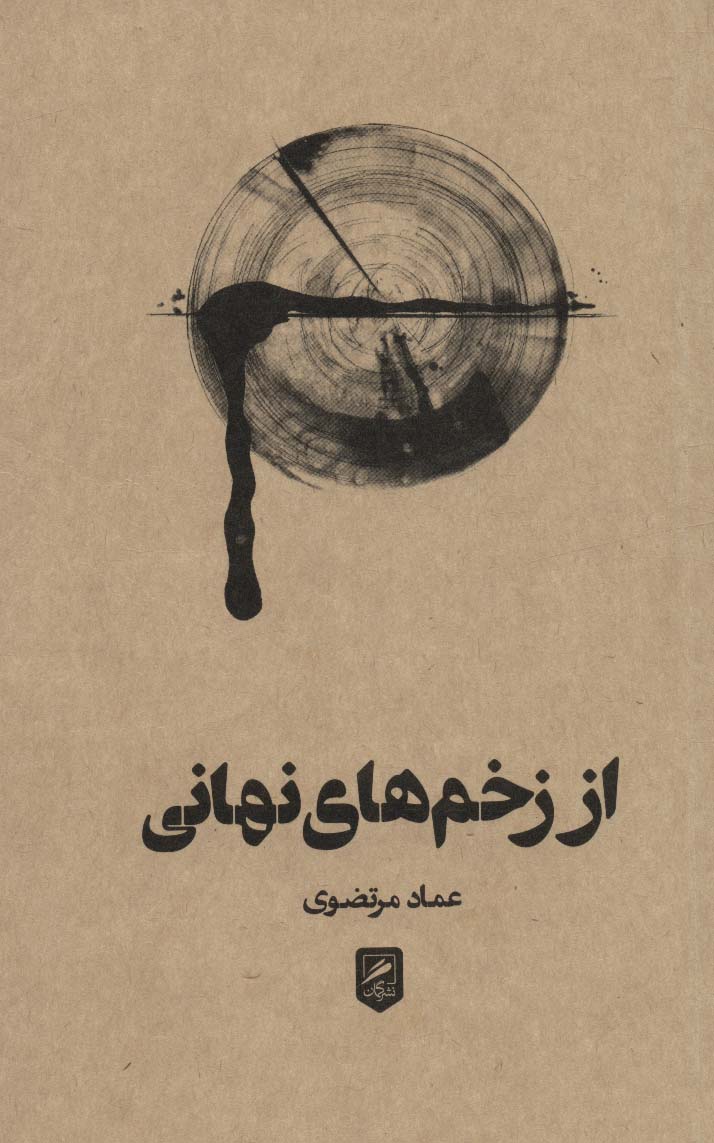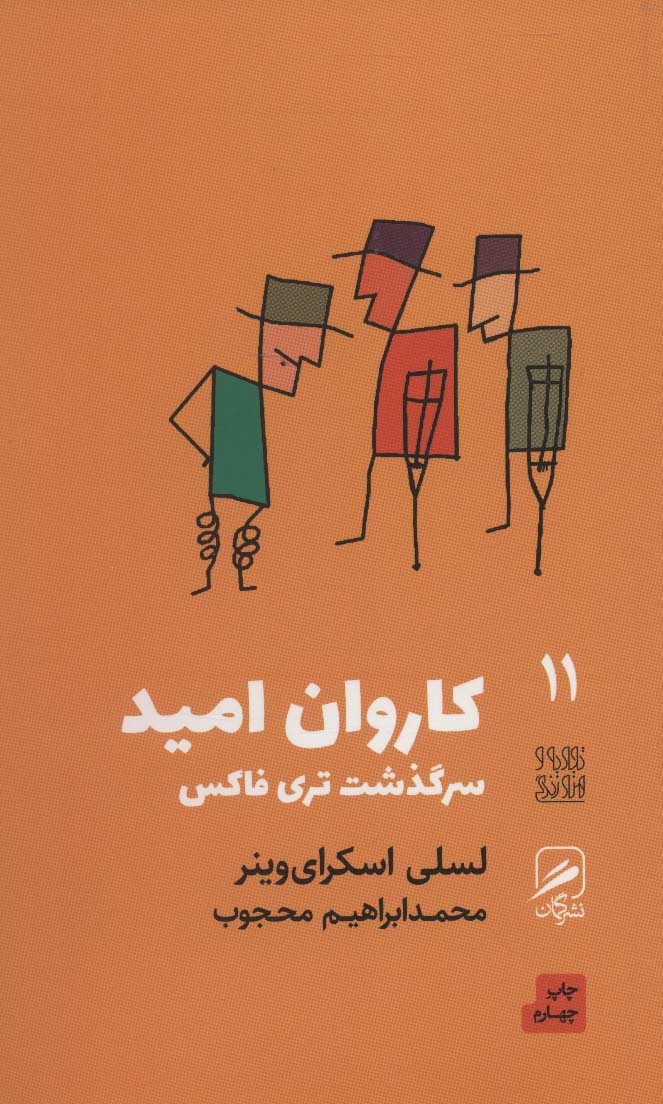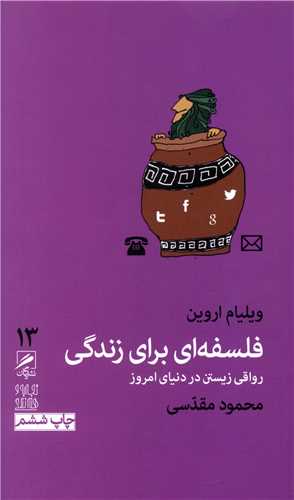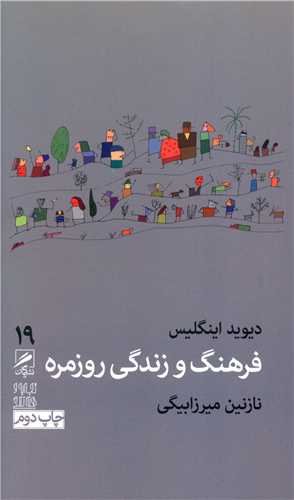Dīdar-i dawbārah dar kāfah Urūpā (khirad va ḥikmat-i zindigī 9): Persian 14000
دیدار دوباره در کافه اروپا (خرد و حکمت زندگی 9)
13.41 £
Share
Wishlist
Original Title:
The Meaning of Travel: Philosophers Abroad
ISBN:
9786007289761
Translator:
Saḥar Mar'ashī
Publisher:
Guman
Age Group:
Adult
Pages:
228
Weight:
169 g
Dimensions:
11 x 20 x 2.5 cm
Book Cover:
Paperback
A philosophical book that aims to answer the question: "After the fall of communism, did the lives of the people of Eastern Europe lead to prosperity and happiness?" It studies the politics and situation of Eastern Europe on the 30th anniversary of the collapse of the Soviet Union and Yugoslavia, and by reviewing the past experiences and memories, it thinks about the future of Europe, but also presents horizons beyond that to the reader. The meeting again at the European cafe, in the context of dealing with its controversial issue, points out to make decisions with a more open vision and a more accurate understanding, and finally to bravely accept the responsibility and consequences of our decisions.
Excerpt from the book:
With the rapid accession of the Eastern Bloc countries to the European Union, the differences in the history, life experience, economy, and culture of the East and the West were supposed to disappear; But no one was aware of the fact that there is no shortcut to achieving democracy. No one was aware of the psychological shock that probably millions of citizens experienced during the collapse of a comprehensive political system and the post-collapse transition period. Eastern Europe was supposed to be filled with joy and delight; It did, but not for long. Ten years passed, and everyone opened their mouths to accuse the European Union of neo-colonialism, exploitation, and creating an unequal economy and lamented the lack of work and democracy. All those years when the communist government forced the people to obey and wanted to make people happy, nationalism became a positive and vital force to preserve the national identity, culture, language, and religion. Therefore, in the years when the number of people who saw globalization as a new threat and a new form of totalitarianism increased, the same "identity protection mechanism" came into play again and people returned to what was familiar to them: nationalism. This trend was mostly seen in Eastern Europe, but Westerners also gradually joined them. Despair and failure are becoming more pervasive and intense, and their manifestation is the emergence of far-right parties and separatist movements. But what gives them strength today? What is the reason for slogans such as "pure blood" and the growing acceptance of extreme nationalism and xenophobia among young people in Hungary, Slovakia, the Czech Republic, and even Poland? Poland, which is one of the most prosperous countries in Europe and the only member of the European Union, did not experience a recession after the economic crisis.
more
کتابی فلسفی که در راستای پاسخ به این سوال:”آیا بعد از سقوط کمونیسم، زندگی مردم اروپای شرقی به سعادت و خوشبختی منتهی شد؟” به مطالعه ی سیاست و اوضاع اروپای شرقی در سی امین سالگرد فروپاشی شوروی و یوگسلاوی می پردازد و با مرور تجربیات و خاطرات گذشته، به آینده ی اروپا می اندیشد بلکه افق های دورتر از آن را پیش روی خواننده قرار دهد. دیدار دوباره در کافه اروپا، در لفافه ی پرداختن به موضوع بحث برانگیز خود، تصمیم گیری با دیدی بازتر و فهمی دقیق تر و در نهایت پذیرش شجاعانه ی مسئولیت و عواقب تصمیم هایمان را گوشزد می کند.
گزیده ای از کتاب:
با راه یابی سریع کشورهای بلوک شرق به اتحادیه ی اروپا، قرار بود تفاوت هایی که در تاریخ، تجربه ی زندگی، اقتصاد و فرهنگ شرق و غرب وجود دارد از بین برود؛ اما هیچ کس حواسش به این مسئله نبود که برای رسیدن به دموکراسی هیچ راهِ میان بری وجود ندارد. هیچ کس حواسش به شوک روانی ای نبود که احتمالا میلیون ها شهروند طیِ فروپاشیِ یک نظام سیاسیِ فراگیر و دوران گذارِ پس از فروپاشی تجربه می کردند. بنا بود اروپای شرقی غرق شادی و سرور شود؛ همین طور هم شد، اما نه برای مدتی طولانی. ده سالی که گذشت، همه دهان باز کردند به متهم کردن اتحادیه ی اروپا به نواستعماری، استثمار و ایجاد اقتصاد نابرابر و بنای نالیدن از نبودِ کار و دموکراسی گذاشتند. تمام آن سال هایی که حکومت کمونیستی مردم را با اعمال زور وادار به اطاعت می کرد و می خواست خلقِ سر به راه بسازد، ناسیونالیسم به نیرویی مثبت و حیاتی برای حفظ هویت ملی، فرهنگ، زبان و مذهب بدل شد. برای همین، در سال هایی که شمار افرادی که جهانی سازی را تهدیدی تازه و شکل جدیدی از تمامیت خواهی تلقی می کردند بیشتر شد، همان «سازوکار محافظت از هویت» دوباره به کار افتاد و مردم به سوی چیزی برگشتند که برایشان آشنا بود: ناسیونالیسم. این جریان بیشر در شرق اروپا دیده می شد، اما غربی ها هم به تدریج با آنها هم صدا شدند. یآس و ناکامی روبه روز فراگیرتر و شدیدتر می شود و نمود آن هم ظهور احزاب راست افراطی و جنبش های جدایی طلبانه است. اما امروز چه چیزی به آنها نیرو می بخشد؟ علت برآمدن شعارهایی نظیر «خون پاک» و مقبولیت روزافزون ناسیونالیسم افراطی و بیگانه هراسی در میان جوانان مجارستان و اسلواکی و جمهوی چک و حتی لهستان چیست؟ لهستانی که یکی از پر رونق ترین کشورهای اروپا و تنها عضو اتحادیه ی اروپاست که مثلا بعد از بحران اقتصادی، دوران رکود را تجربه نکرد.
more

